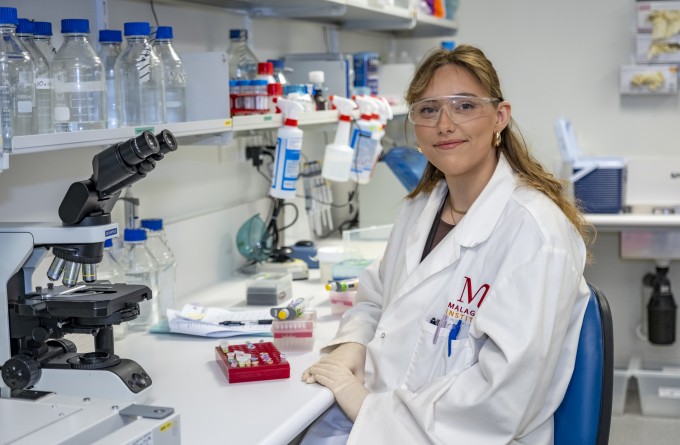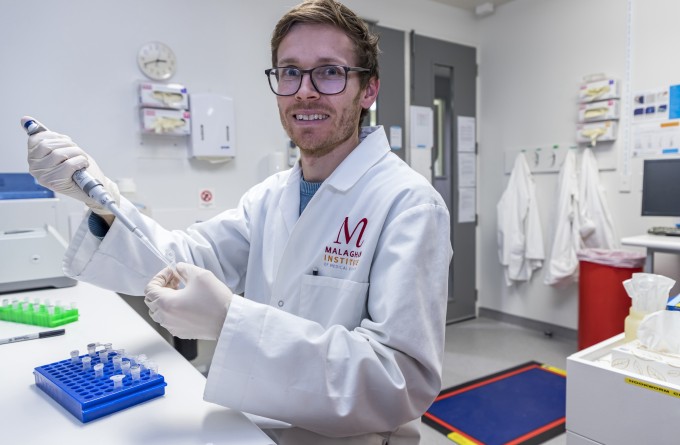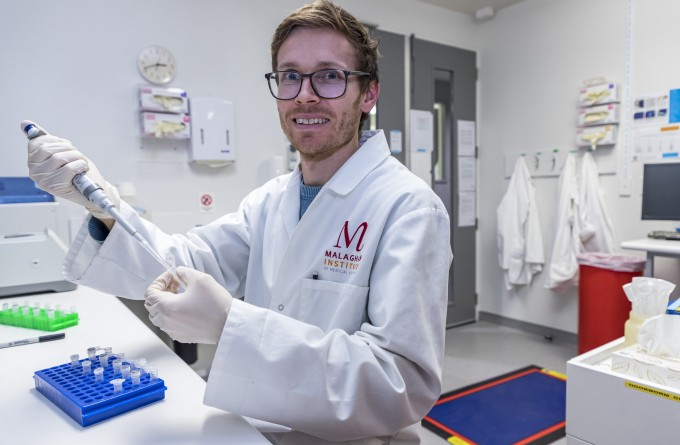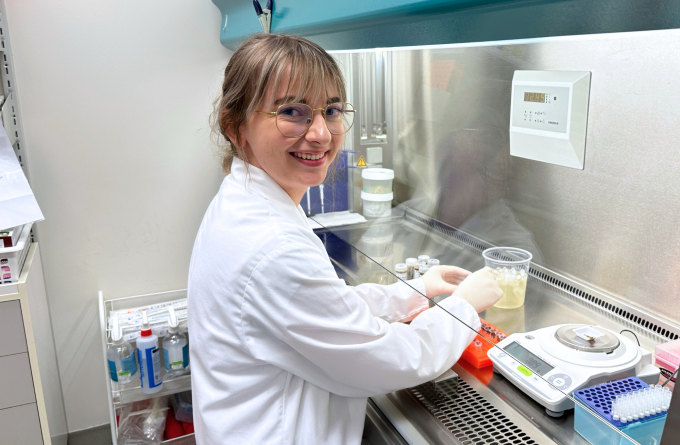
Dr Tom Mules
Team Leader - Mules Laboratory
Targeting immune-mediated diseases and gut cancer through microbiome and gut barrier modulation.
The gut contains the bulk of the body’s immune system, and interactions within it have profound, far-reaching effects on overall health. By advancing our understanding of how the microbiome, diet, gut-resident immune cells, and the wider immune system interact, we can develop innovative strategies to improve health and combat disease.
The Mules Research Group is focused on three key core areas: defining the microbiome’s role in gut inflammation and conditions such as inflammatory bowel disease, restoring and strengthening gut-barrier function to treat both local and systemic allergic and inflammatory diseases, and targeting Helicobacter pylori to prevent gastric cancer.
Research areas
- Allergic and Inflammatory disease
- Helminth therapy
- Epithelial barrier dysfunction
- Gastric cancer prevention
Research projects
-
Molecular testing to improve Helicobacter pylori eradication
-
Developing an mRNA vaccine against H. pylori
-
Develop novel therapies to treat intestinal barrier dysfunction (butylated starch)
-
Bio-engineered Human Hookworm as a Novel Drug Delivery System

Dr Bibek Yumnam
Senior Research Officer

Georgina Wheller
Research Officer
Research highlights

Tracking the journey of the shapeshifting bacteria behind stomach cancer
19 November 2025

Eradicating H. Pylori bacterial infection to reduce stomach cancer
30 October 2025

RNZ Our Changing World: Targeting bacteria, and health inequities
4 July 2024

Double doctor: exceptional thesis awarded to Malaghan gastroenterologist
5 June 2024

New clinical research aims to reduce stomach cancer rates and disparities in New Zealand
28 May 2024

Could eradicating a bacterial infection be the key to preventing stomach cancer?
8 February 2024


